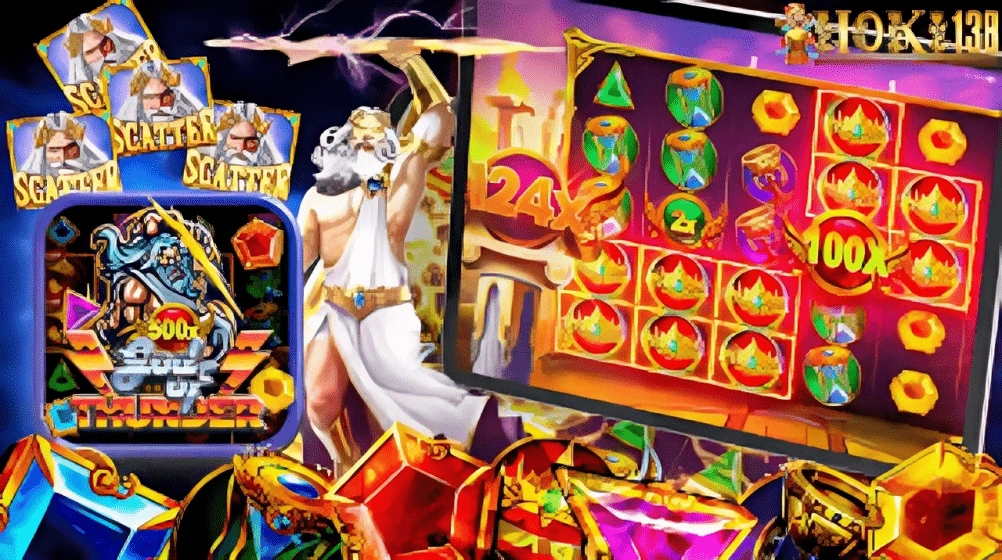Discovering The Best Games Defining PlayStation And PSP Entertainment Excellence
The Best games are defined by their ability to engage, entertain, and leave a lasting impression on players. PlayStation awslot777 games consistently provide cinematic adventures, expansive worlds, and innovative mechanics, while PSP games have shown that handheld systems can host equally ambitious experiences. Together, these platforms created diverse libraries of games that appeal to both casual and hardcore players. The Best games are remembered for their immersive gameplay, compelling storytelling, and lasting influence, proving that the quality of a game is measured by how deeply it resonates with players.
PlayStation games have repeatedly demonstrated excellence in both gameplay and narrative. Uncharted 4: A Thief’s End combined cinematic storytelling with exploration and puzzle-solving in a thrilling adventure. Bloodborne offered challenging combat in a hauntingly atmospheric world, rewarding skill and strategy. Racing simulations such as Gran Turismo 7 delivered realism, precision, and engaging progression systems for enthusiasts. These PlayStation games exemplify how the Best games integrate narrative, technical mastery, and gameplay depth to create memorable experiences.
The PSP delivered handheld titles that exceeded expectations and showcased creative ambition. Metal Gear Solid: Peace Walker offered stealth mechanics and narrative depth on a portable device. Persona 3 Portable integrated RPG mechanics with social interaction, creating an immersive experience on the go. Platformers like Daxter combined humor, precise mechanics, and polished design, demonstrating that handheld devices could host complex and memorable experiences. PSP games proved that innovation and creativity are not limited to console platforms.
Overall, the Best games across PlayStation and PSP platforms highlight the importance of narrative, engagement, and technical excellence. Both systems encouraged experimentation, resulting in titles that remain culturally and critically significant. Whether exploring expansive console worlds or portable handheld adventures, players experienced engaging gameplay, memorable characters, and immersive narratives. The legacy of PlayStation games and PSP games confirms that the Best games are defined by innovation, emotional resonance, and the ability to captivate audiences worldwide.





